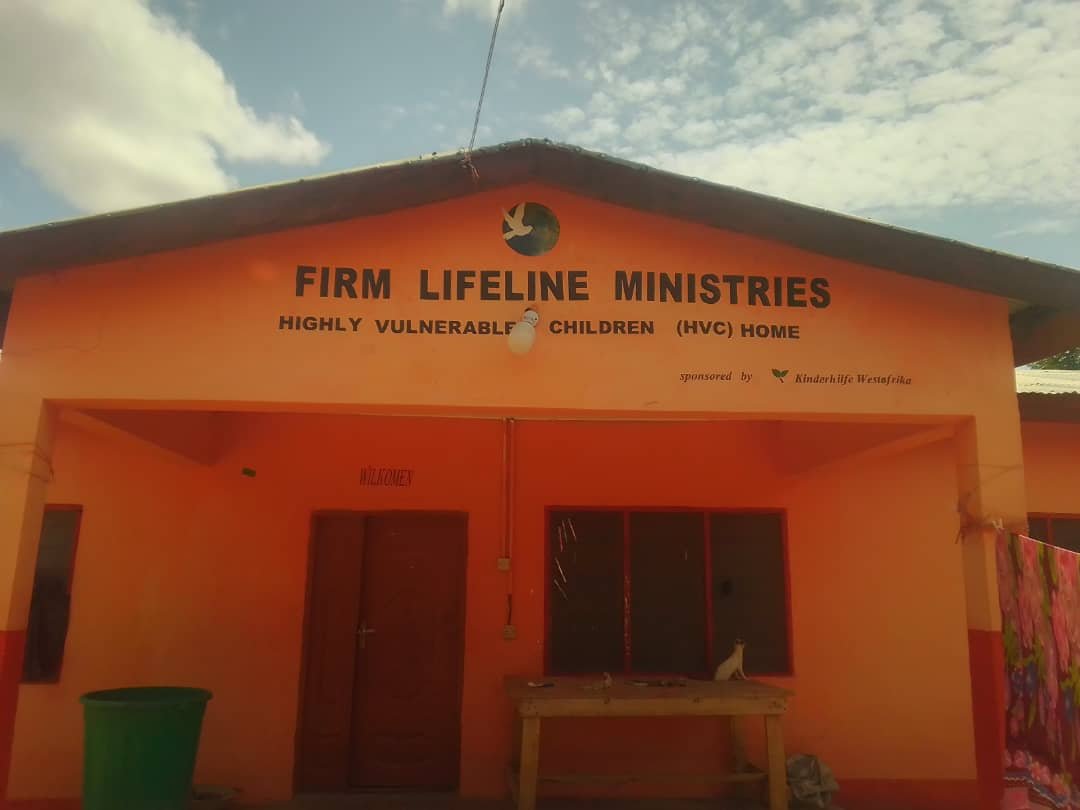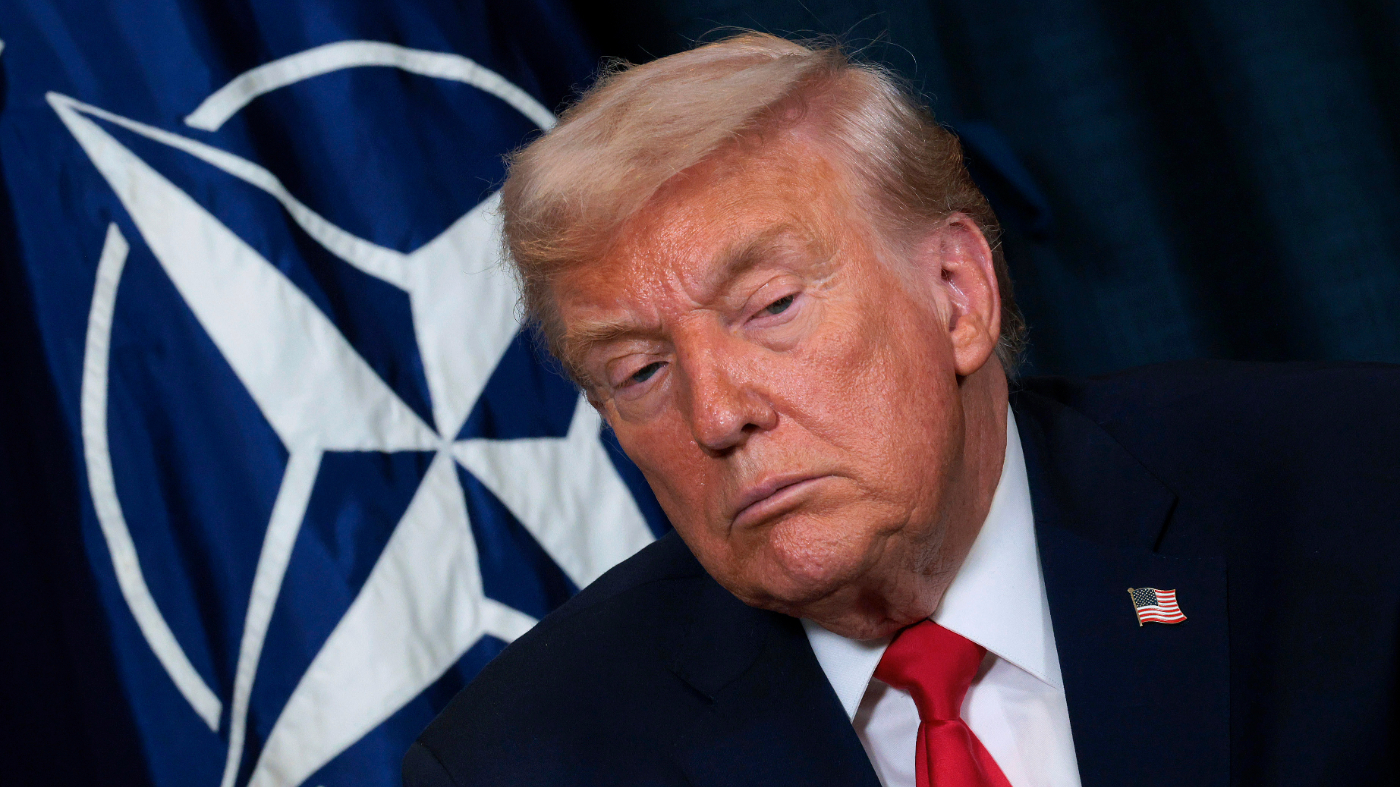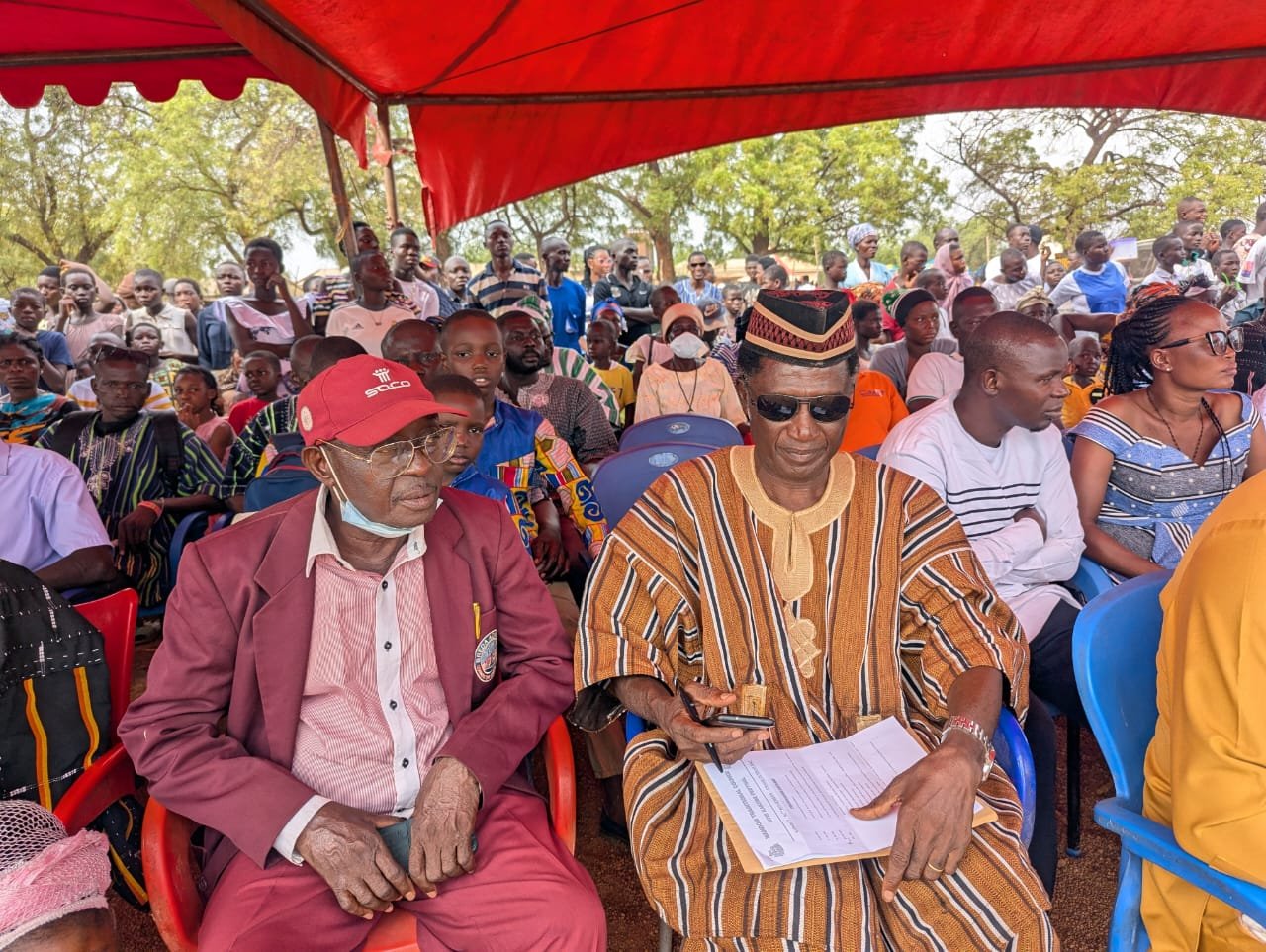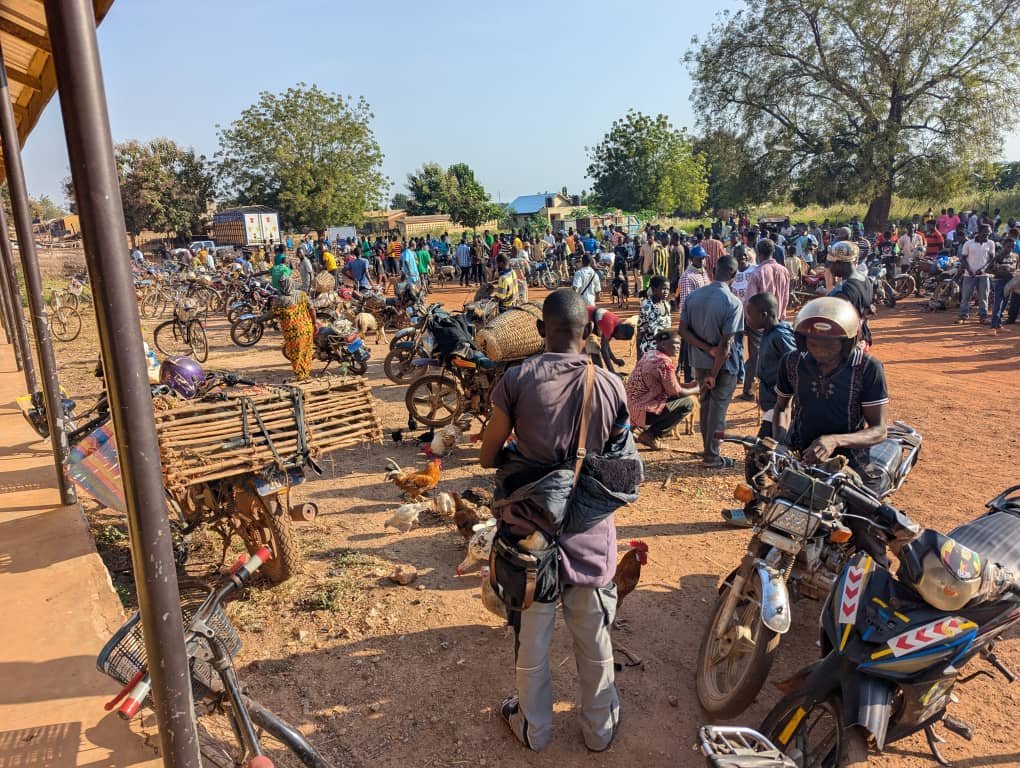In many parts of the world, particularly in developing nations, modernization, scientific advancement, and increasing social awareness have done little to eliminate the harsh realities faced by society’s most vulnerable. Despite centuries of progress, social disorder, economic hardship, and crumbling family structures continue to impose severe suffering on countless individuals.
Among those most affected are women, children, and persons with disabilities. One often overlooked group, however, are children—especially orphans, children from broken homes, or those whose parents are simply unable to provide basic care.
Throughout history, society has sought to address this gap through institutions such as orphanages and poorhouses, often supported by government agencies, humanitarian organizations, and faith-based groups.
Since gaining independence, Ghana has operated a social services system that supports orphanages nationwide. In the Upper West Region, the most well-known such facility is St. Joseph’s Orphanage, located in the heart of Jirapa. For decades, it has served as a sanctuary for vulnerable children in the municipality and beyond.
However, tucked quietly within the same district is a lesser-known yet impactful facility: the Firm Lifeline Ministry (Highly Vulnerable Children’s Home). Established in 2009, the home began with about 30 children. Over the years, it has nurtured dozens of children, some of whom have gone on to complete teacher training colleges, nursing schools, and even university education.
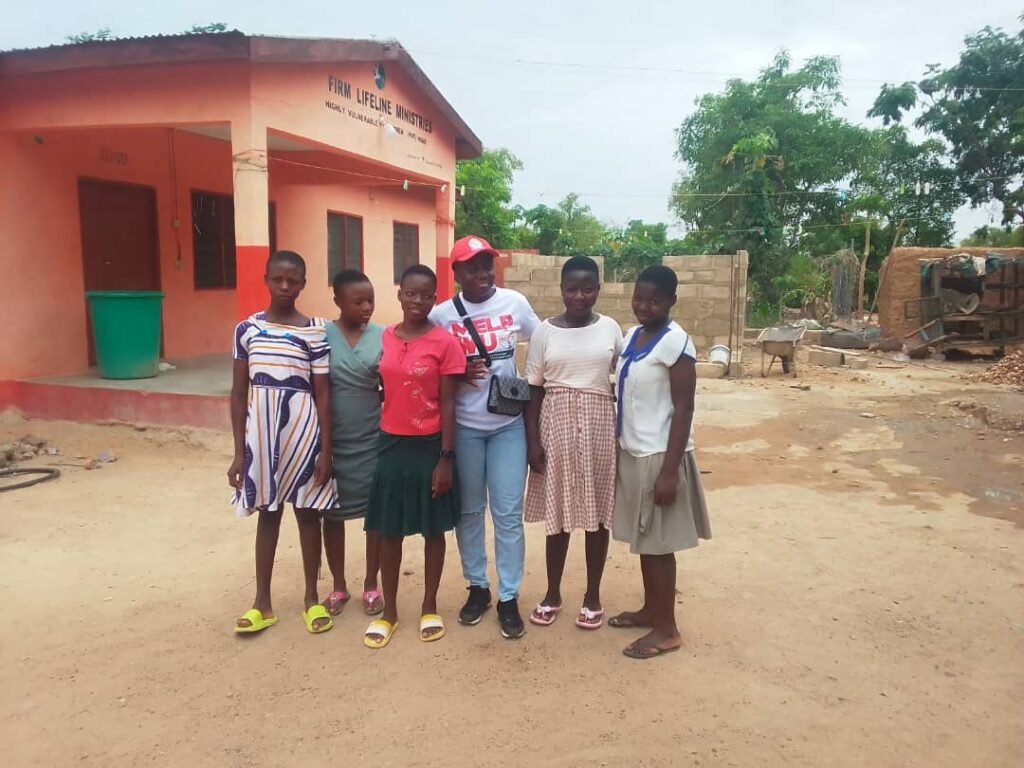
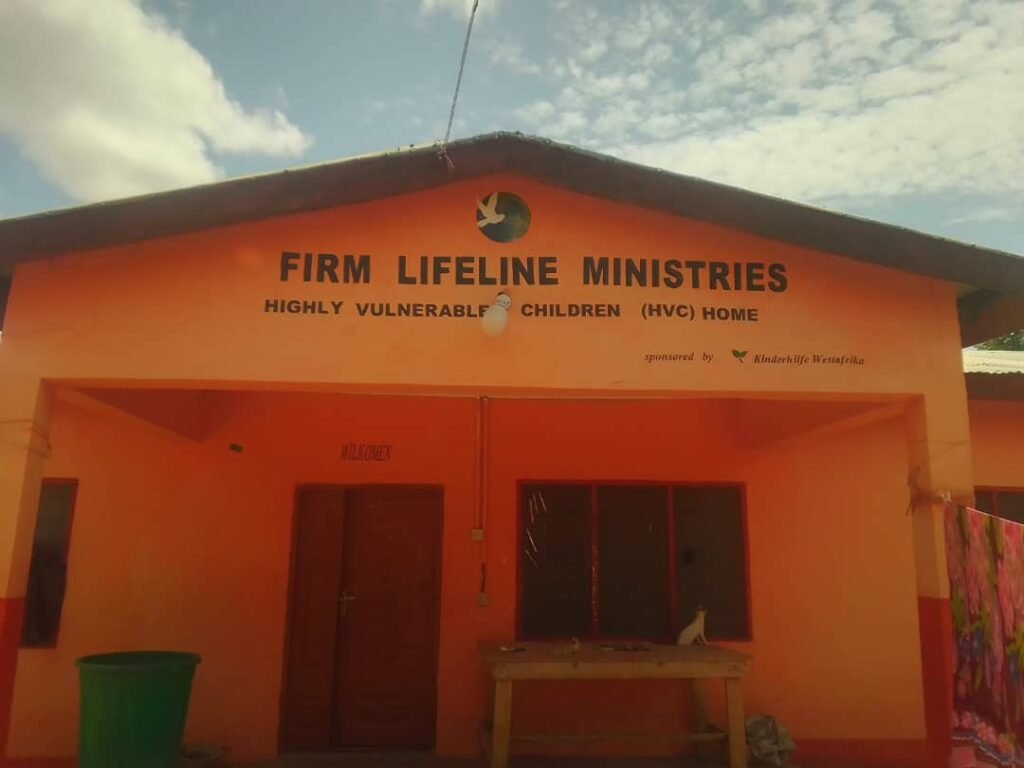
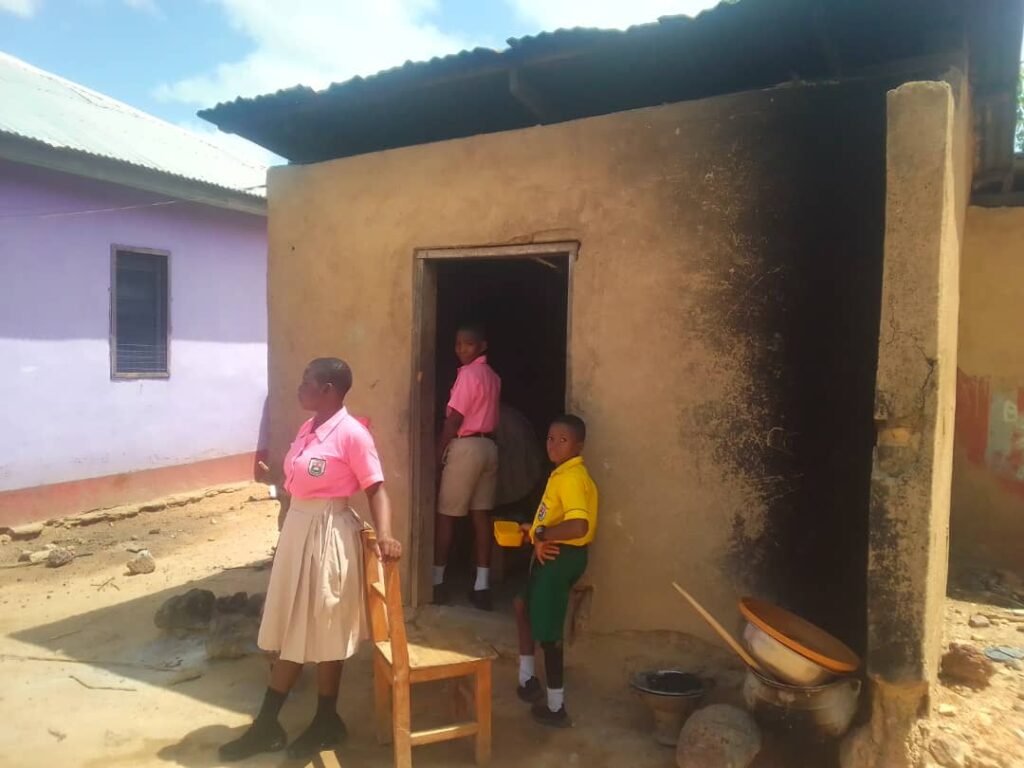
The facility is run by Pastor Emilio Bang-eo of the Assemblies of God Church in Jirapa. He acknowledges the many challenges faced by the home, including providing daily meals, healthcare, and educational support. Despite these hurdles, Pastor Bang-eo is resolute in his mission.
“We are leaving no stone unturned to ensure the welfare of these children,” he said.
The home operates a unique model: it takes in needy children, most of whom return to their families during school vacations—except for those who have no family to return to. This approach maintains a link between children and their communities while still offering the structure and support they need.
One major pillar of support for the home is a German charity, which provides essential resources and volunteer mentorship. “We are deeply grateful for their immeasurable support,” Pastor Bang-eo noted. “But we still need much more help.”
Niklas Becker, a German social worker and long-term volunteer at the home, expressed both hope and concern.
“We’re passionate about the well-being of these children, and in the short term, things are going well,” he said. “But the future is uncertain, especially with global financial shifts like U.S. budget cuts to aid for developing countries.”
Within the home, maternal care is provided by Bibiana Ansutenga, the house mother. She treats the children as her own and works tirelessly to create a loving environment.
“It’s not easy, especially since the children come from different backgrounds,” she shared. “But over time, they’ve grown into a family, helping each other with chores in the kitchen and the garden. They see each other as siblings.”
Bibiana, like many involved with the home, appeals for broader community support. “These children need all the help they can get—from individuals, groups, and institutions,” she emphasized.
Pastor Bang-eo believes that partnerships with media outlets like Ghanaian Spokesman can play a crucial role.
“Media engagement can help shed light on the hidden social issues within our society,” he said. “Stories like this need to be told.”







